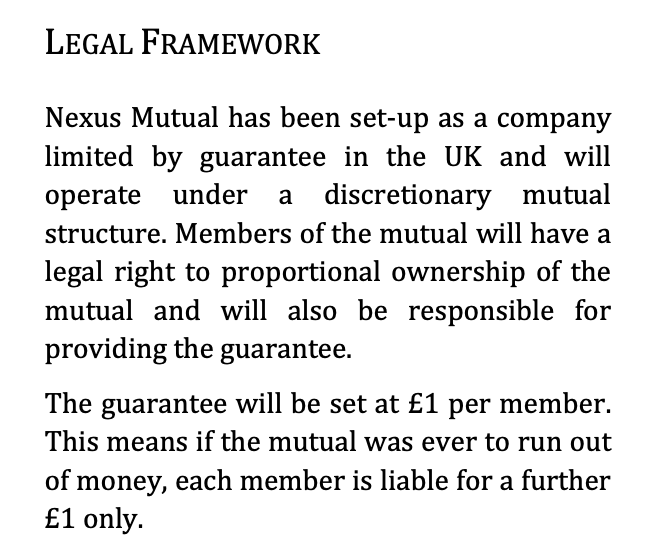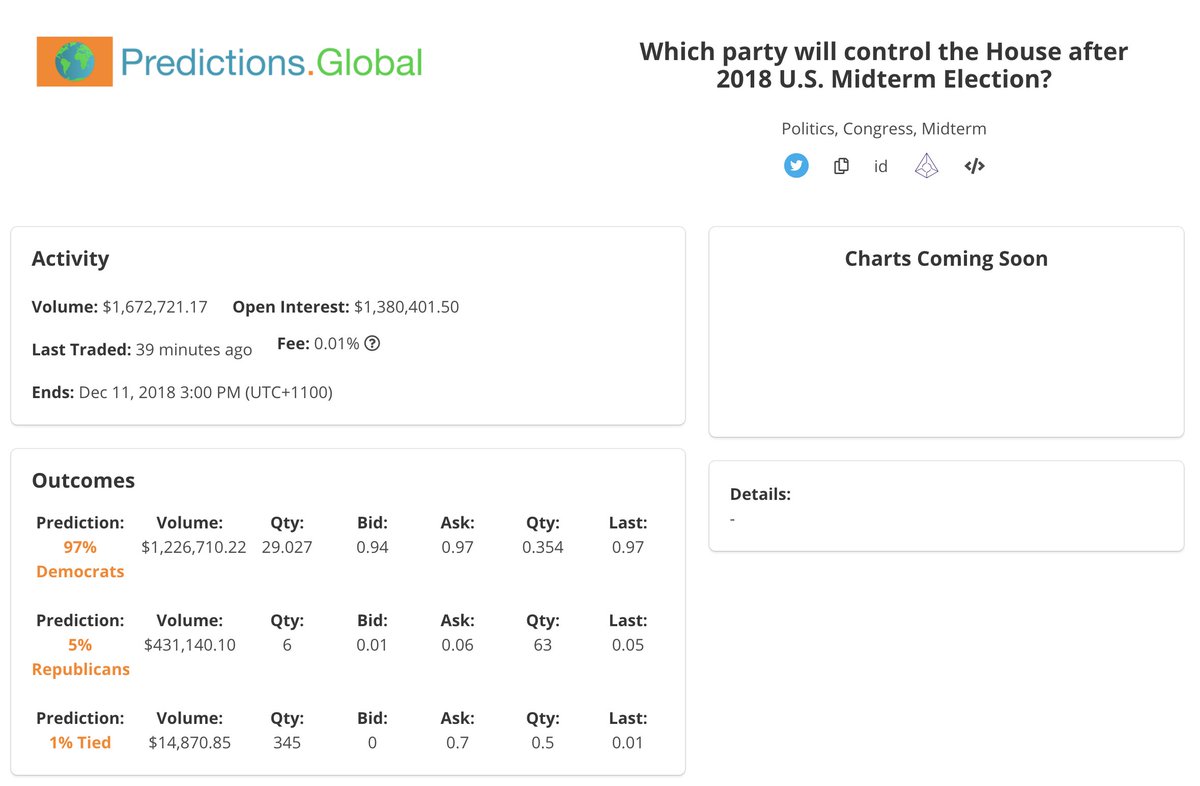jessewalden.com/layers-not-era…
I'll dive in, but first...
Please note that none of the following should be taken as investment advice. See a16z.com/disclosures for more info.
Okay, here goes...
jessewalden.com/4-eras-of-bloc…
At that time, it was clear Bitcoin's throughput wouldn't support internet scale xfer. Wait around for an upgrade, and risk missing it tip into its current role as SoV (less need for scalability.)







